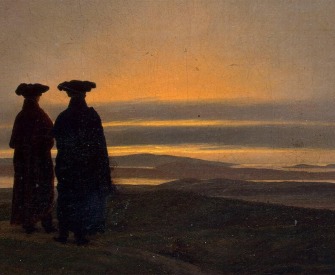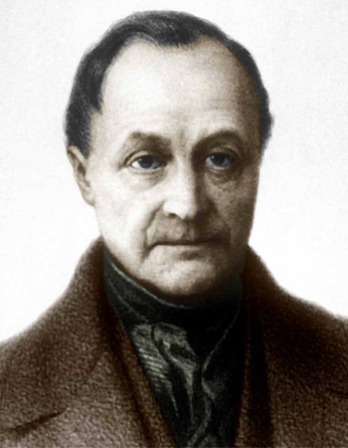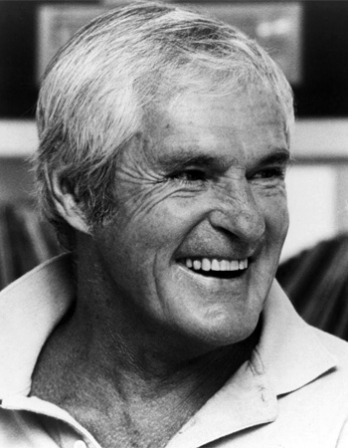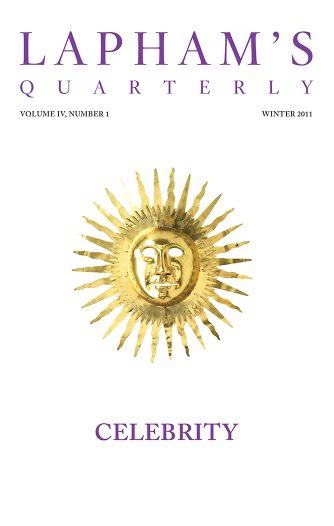As soon as I had acquired some general notions concerning physics, and as, beginning to make use of them in various special difficulties, I observed to what point they might lead us and how much they differ from the principles of which we have made use up to the present time, I believed that I could not keep them concealed without greatly sinning against the law that obliges us to procure, as much as in us lies, the general good of all mankind.
For they caused me to see that it is possible to attain knowledge that is very useful in life, and that, instead of the speculative philosophy taught in schools, we may find a practical philosophy by means of which, knowing the force and action of fire, water, air, the stars, heavens, and all other bodies that environ us, as distinctly as we know the various crafts of our artisans, we can in the same way employ them in all those uses to which they are adapted and thus render ourselves the masters and possessors of nature. This is not merely to be desired with a view to the invention of an infinity of arts and crafts that enable us to enjoy without any trouble the fruits of the earth and all the good things to be found there but also principally because it brings about the preservation of health, which is without doubt the chief blessing in this life. If I were faithfully to communicate to the public the little that I should myself have discovered, and to beg all well-inclined persons to proceed further by contributing, each one according to his own inclination and ability, to the experiments that must be made, and then to communicate to the public all the things they might discover, in order that the last should commence where the preceding had left off, and thus by joining together the lives and labors of many, we should collectively proceed much further than any one in particular could succeed in doing.
From Discourse on Method. After earning a law degree in 1616, Descartes abandoned formal learning in order to study what he called “the book of the world.” He took a great interest in health—both of his grandfathers were physicians—and by 1630 was deep in pursuit of a system of medicine founded on “infallible demonstrations.” “The preservation of health,” he wrote the Earl of Newcastle in 1645, “has always been the principal end of my studies, and I do not doubt that it is possible to acquire much information about medicine which has hitherto been unknown.”
Back to Issue





